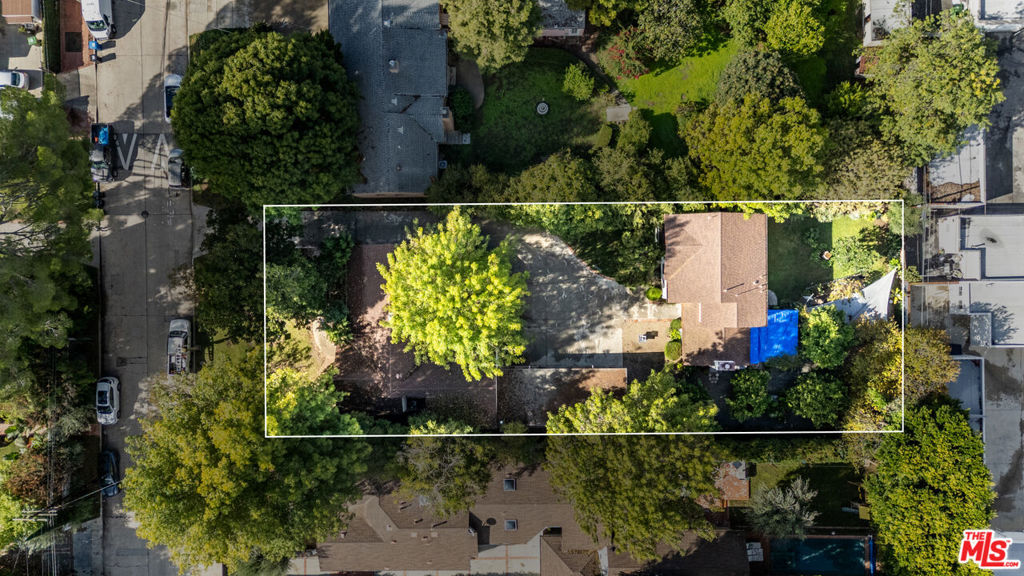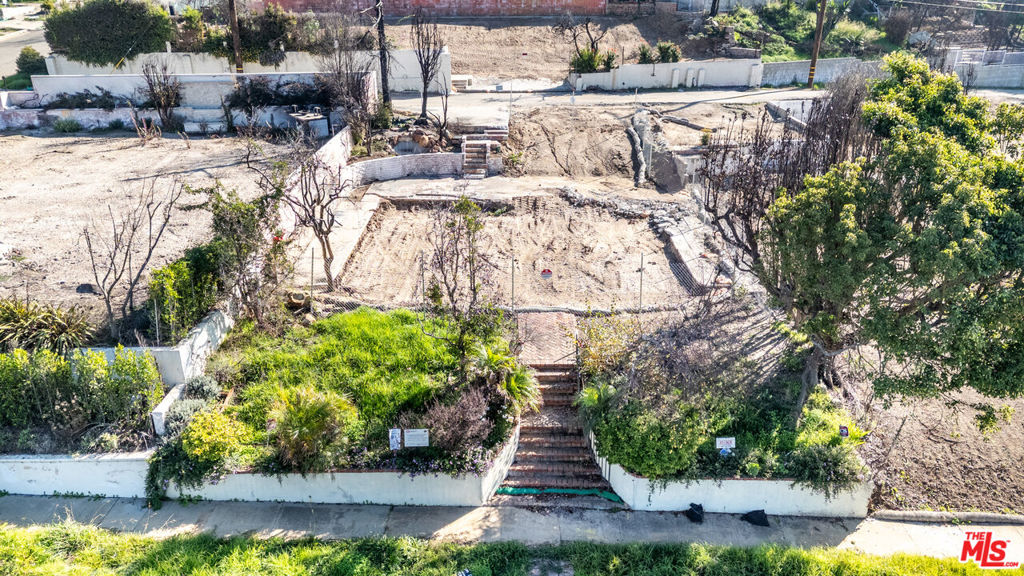The CREM Group likes to keep its clients current with real estate issues that change as the market changes. Probate has not changed, but the recent sizzling-hot real estate market puts new pressure on the events surrounding a probate, trust, or conservatorship transaction.
Competition for homes remains strong. According to Barron’s, “Data provided by real-estate brokerage Redfin show 43% of homes in March sold above listing price in the large metros it tracks. That’s the highest percentage since the company began collecting the data in 2012.” So how does that affect probate homes? Because as the prices of homes escalate, so do probate properties. And the beneficiaries are in a hurry to take advantage of the higher prices, of course. So how does partition relate, and what is it?
What is a partition?
Wikipedia defines it as follows: “A partition is a term used in real property law to describe an act to divide up a concurrent estate into separate portions representing the proportionate interests of the owners of property. It is sometimes described as a forced sale.”
In probate situations, the real estate becomes an issue as the family struggles to find a fair way to divide the value of the family residence. For background, you may want to go back and read our blog post from June 2020, “When Beneficiaries Don’t Agree.” If the brothers and sisters cannot agree on how to divide the property, they can file a Partition Action. Very briefly, there are three types of Partition Actions in California -- 1) Partition by Appraisal, 2) Partition by Sale, and 3) Partition in Kind. The first two could be applied to probate home sales. The Partition in Kind is difficult in real estate because you cannot swap a bedroom in one home for a bedroom in another.
Either way, the California courts allow beneficiaries to file a “Partition Action” to start the proceedings., but there are a few things to consider.
Attorneys Are Your Best Bet with a Few Caveats
The State of California Partition document is 117 pages long. While it makes for interesting bedtime reading, it should be interpreted, applied, and the Partition Action itself filed by an attorney specializing in partition, and particularly one familiar with probate real estate. That is if you want to go down that road. It is expensive.
There are other steps before filing a Partition Action. Filing a Partition Action (PA) can result in attorney’s fees ranging from $20, 000 to $100, 000 depending on the complexity of the ownership, the time involved in litigation and preparation for it, and the law firm’s pricing structure in general. We like attorneys (we are attorneys), but it pays to 1) shop around and 2) explore the idea of mediation (before going to court). There are a couple of more things to ponder. Time is money. If you are in a hurry and cannot agree on dividing the estate’s real property, it might be a good idea to hire an attorney to push the PA along. Courts are full, but veteran attorneys dealing with Partition Actions in probate can sometimes cut through some of the red tape.
Proceeds might be lower in a Partition Action. A sale at auction or a forced sale may result in less money than if the home were sold on the open market. This is especially significant in the 2021 post-pandemic real estate craze with homes selling above asking prices.
Don’t try to skimp on attorney fees either. In our February 2021 post “Are Discount Probate Attorneys a good idea? What about DIY – Doing it Yourself” we suggest some situations where you should definitely hire an attorney and others where you might be able to save a little money.
Partition Actions in Today’s Market
We hope you have seen that the Partition Action (PA) can become expensive, and may be better serve your family if it’s avoided. Meanwhile, a PA is a practical tool if the siblings cannot agree on how to divide mom and dad’s property. It’s comforting to know that the State of California’s laws protect people in probate real estate transactions, which are sometimes awkward when family and money–often two contentious dynamics in the first place–are involved.
As you begin your probate experience, you will notice many, many organizations – law firms, real estate companies, and “experts” that claim to be specialists in probate and partition. Please check their background carefully. Look at the number of years they have been in business, see Better Business Bureau stats, and ask for referrals. It’s best to have professionals who are experienced in probate, trust, and conservatorship transactions and, if you need it, in filing Partition Actions. * *. *
As long-time real estate agents for all kinds of properties in Los Angeles and Orange Counties, we have made sure we support our clients, so they know the legal aspects of selling their probate, trust, and conservatorship homes in California. We try to ensure that our readers are aware of the pros and cons of the many laws affecting the real estate industry.
As always, contact us by email here if you have any questions about real estate, probate real estate, conservatorship, or trust real estate properties, especially in Los Angeles and Orange Counties in California. Or directly:
Mark Cianciulli, Esq. [email protected]
DISCLAIMER: This content is meant purely for educational purposes. It contains only general information about real estate and legal matters. It is NOT legal advice and should not be treated as such. We recommend consulting a legal or tax professional before acting on any material, opinion, or point of view described herein.
* * *
COVID-19 Safety Update We at the CREM Group are still wearing masks indoors as we market and sell our inventory of probate, trust, and conservatorship homes for our clients. Fortunately, the outdoor mask mandates are being relaxed. So, the next time we see you, we hope to see your whole face and a great big smile!



